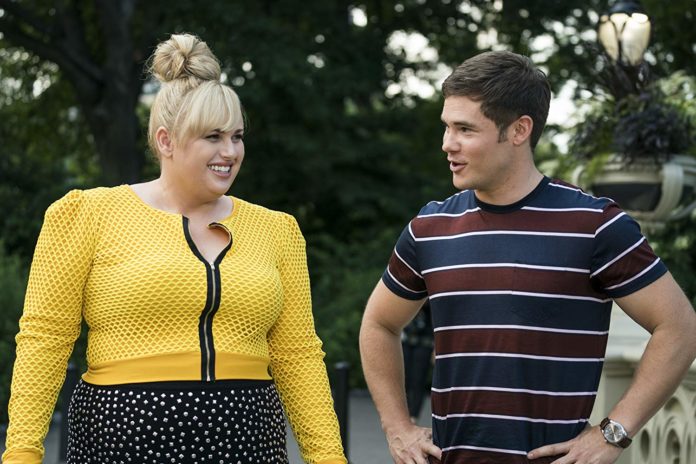Is it just us or have chick flicks in the last couple of years started having positive messages and possibly even being… empowering?
Obviously absolute classics like Legally Blonde and Mean Girls are exempt from this but it often seems that the chick flicks of the 2000s are full of cliches and make out that all teenage girls are basic and want nothing more than to be popular and get a boyfriend. The leading woman is always flawless except she never thinks so because she either wears glasses or has a friend who is legit a runway model. We have no idea where her money comes from and in order to make her rich, beautiful ass one we can sympathize with, she has an absent father or lost her mother when she was young. For a while, this seemed to be the only thing writers could come up with to make us feel sorry for their spoiled characters.
What’s more, chick flicks have been embarrassingly white washed and the representation of gay characters in the 2000’s was unforgivable. In 2019’s Isn’t It Romantic, the character of Donny relentlessly mocks the offensive stereotype of the gay best friend which Mean Girls‘ Damian and The Devil Wears Prada‘s Nigel shamefully succumb to. Recently though, it seems that things have changed for the better.
2018’s Love, Simon was the first coming of age romantic comedy about a gay protagonist. Simon was not the “gay best friend” there to take the leading lady shopping, he was the well-rounded credible character telling his own story in a touching and funny way. Similarly, lesbian characters are coming in more shapes and sizes thanks to Orange Is The New Black.
Moreover, we’re being treated to films which don’t end with the girl getting the guy but with her learning an important lesson or achieving self-acceptance. In Amy Schumer’s I Feel Pretty, her character learns that it is her own insecurities holding her back. The other women in the movie are not bitchy characters looking down on her but are supporting women who want to lift her up. Similarly, Rebel Wilson’s Isn’t It Romantic concludes with her character learning to love herself and be more open to love. It wasn’t a cringy self-acceptance tale about an overweight girl who is insecure. Wilson’s character actually had other dimensions than her appearance which is exactly what we want to see more of.
So yes, chick flicks are just a bit of fun and they will never win Oscars but we’re pleased to see that at least in terms of inclusivity and sending a good message to young girls, they are getting better. There’s still some way to go but it’s great to be able to guiltily enjoy a terrible chick flick without having to switch it off because of its deeply offensive undertones.











